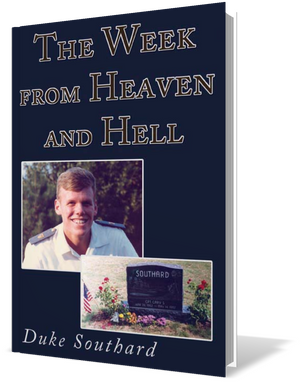In my “Adventures of a True Crime Neophyte” program, I have tried to make the following case with varying degrees of success.
If one is writing a non-fiction piece, whether memoir, personal essay or, in my case, true crime, my contention is that if an event, a situation, or a conversation is made up, then the work becomes fiction. There will be arguments made that this is not a black and white issue, that it is possible to include “to the best of my knowledge” scenarios. The purpose of this blog is not to start this discussion.
The current rough draft of Murder in a Small Town: The Tragic Death of Stacey Burns is a true crime work. To me, this means that the luxury of supplying fictional elements to improve the flow of the narrative is simply not available. If it is made up, it is fiction. If this project ever reaches the public eye, I am confident that no one will be able to find a single aspect of it that is not accurate based on what I’ve been told. There will no quotes without documentation; there will be no imaginary events to transition from one scene to the next. Any statement resting inside quotation marks will have been in print or recorded and will be presented without embellishment. After all, it is TRUE crime!
One of the slides in my presentation says simply “Document, Document, Document!” That seems to be sound advice to me.
Duke


i have the feeling you are worried that if somehow incorrect information gets told in your book as truth that it may turn out to be fiction because of incorrect stories told to you or outright lies fed to you that you will think that readers will wonder if it is fact or fiction . Of course i could be wrong in my assumption ,or i could be right.